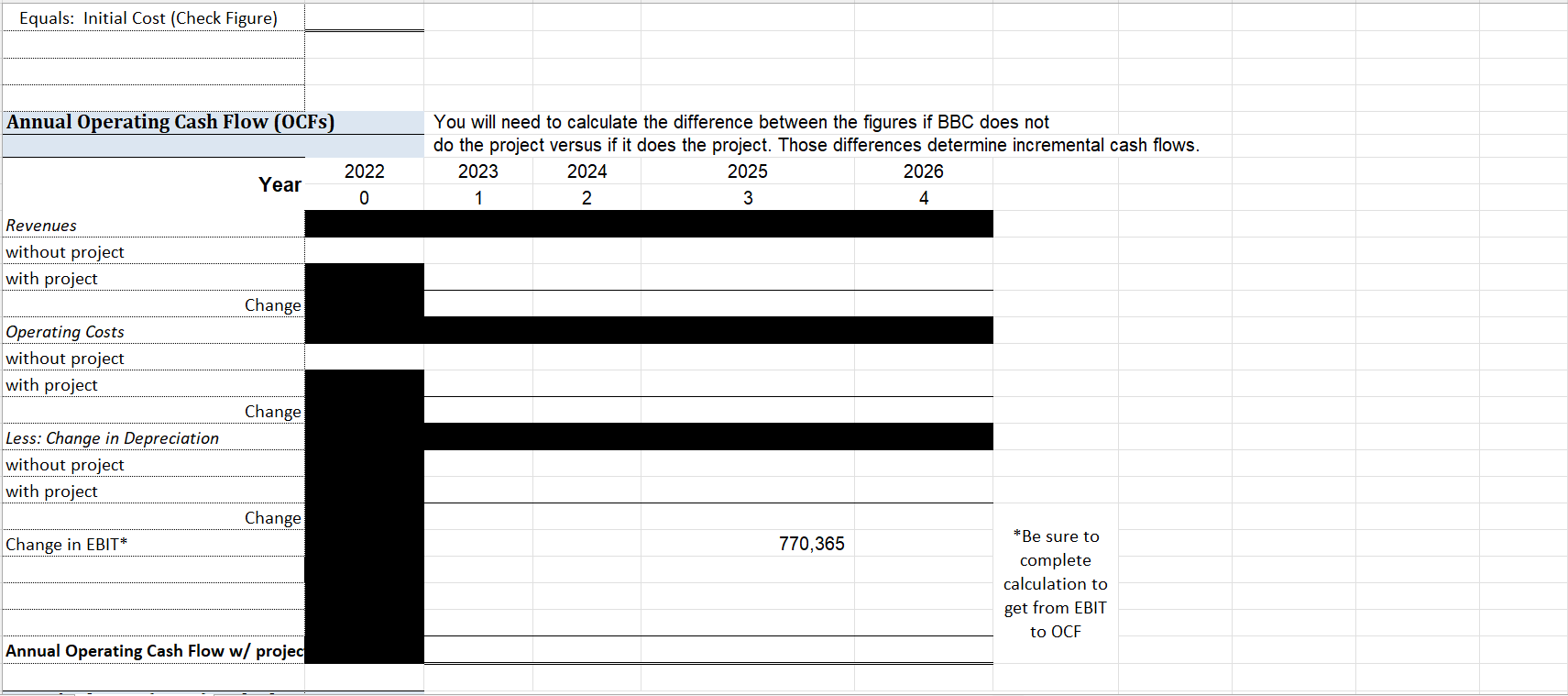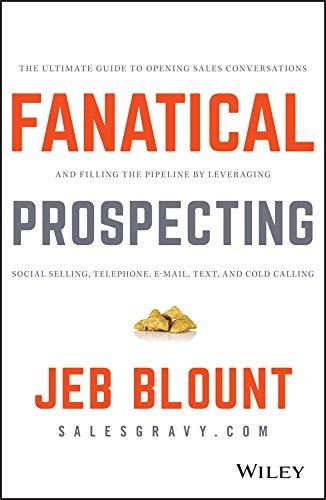Question
Information for OCFs: Case Scenario -Berber Bread Yousef Tizir, Jr., CEO of Berber Breads Co. (BBC), Inc. offered his closing comments and then disconnected the
Information for OCFs:
Case Scenario -Berber Bread
Yousef Tizir, Jr., CEO of Berber Breads Co. (BBC), Inc. offered his closing comments and then disconnected the conference call. The call had been with Costco Wholesalers product development team. Costco wanted BBC to supply the chain with its wholegrain tanort or flatbread. Both parties had put their cards on the tableit was time to make a decision.
Today BBC distributes its products in Texas and its 5 neighboring states. The Costco deal was, however, the proverbial game changer. The firm would need to gear up production, and it did not have long. The unsigned contract dictated a staged rollout of BBCs product; the first shipment of flatbread is to arrive at Costco stores in southern states by January 1, 2023. If the products sell well, then other regions would be added.
Unfortunately, if the flatbread sells as predicted the current production line would be unable to meet production needs. To thoroughly evaluate the opportunity, BBC has spent $15,000 researching a new production line and the implications of this deal. The finance department has learned that the physical equipment needed to transform the existing bakery line could be purchased for $1.6 million. It would cost another $250,000 to ship and install the equipment. In addition, BBCs staff will need to undergo an intensive training program. This training will cost $10,000.
Thus far in year 2022 (Year 0), BBC has sold 12,000 cases of flatbread each month, at an average selling price of $6.50. If the status quo is maintainedslow steady growththe firm expects to grow at an 8% annual rate over the next 4 years. However, sales are expected to change dramatically if BBC agrees to sell through Costcoprojections indicate that next year (Year 1) the number of cases sold be double those sold in 2022. While unit sales are predicted to shoot upward, Costco has negotiated a lower price, and this means that the average case selling price (average of Costco and existing case price) would drop to $5.25. Then, as more Costco locations are added to the rollout, total annual revenues are projected to increase 30% (year-over-year) in Years 2 and 3, and 10% in Year 4.
Today (year 0) total variable and fixed operating costs consume about 50% of revenues. It is anticipated that, as a percentage of sales, these costs will increase about one percentage point per year over the next four years. But, with the Costco deal, the firm anticipates economies of scale that will reduce total operating costs to about 31% of revenues in Year 1, 33% in Years 2 and 3, and 35% in the last year of the project.
The anticipated increase in sales will lead to an increase in working capital requirements. Prior to beginning production of the Costco products, a one-time increase of $100,000 in its inventory (flour, shortening, etc.) will be necessary. This will be partially offset by an increase in accounts payable of $45,000.
The existing bakery line was installed 6 years ago and had an estimated economic life of 10 years. At that time, BBC paid $750,000 to buy the machinery. The machine is depreciated using straight-line depreciation. Today, it is believed that the existing equipment can be sold for $400,000.
BBCs chief financial officer has predicted that the new equipment has a four-year economic life. It will also be depreciated using straight-line depreciation. At the time of replacement/renovation it is estimated that the firm could sell the new equipment for about 20 percent of its original installed cost to another wholesale bakery.
BBC is in the 21% marginal tax rate, and the riskiness of this project warrants that is be assigned a 22% cost of capital (AKA, the required rate of return on the project). The firm has unlimited funds to invest and faces no other constraints in its capital budgeting decisions.
Please help with as much as you can and I can repost the question. Thank you!

Step by Step Solution
There are 3 Steps involved in it
Step: 1

Get Instant Access to Expert-Tailored Solutions
See step-by-step solutions with expert insights and AI powered tools for academic success
Step: 2

Step: 3

Ace Your Homework with AI
Get the answers you need in no time with our AI-driven, step-by-step assistance
Get Started


